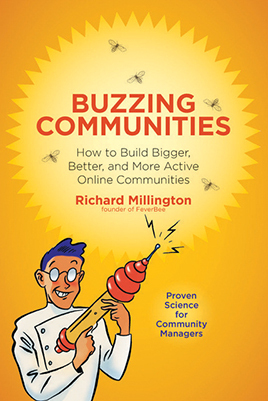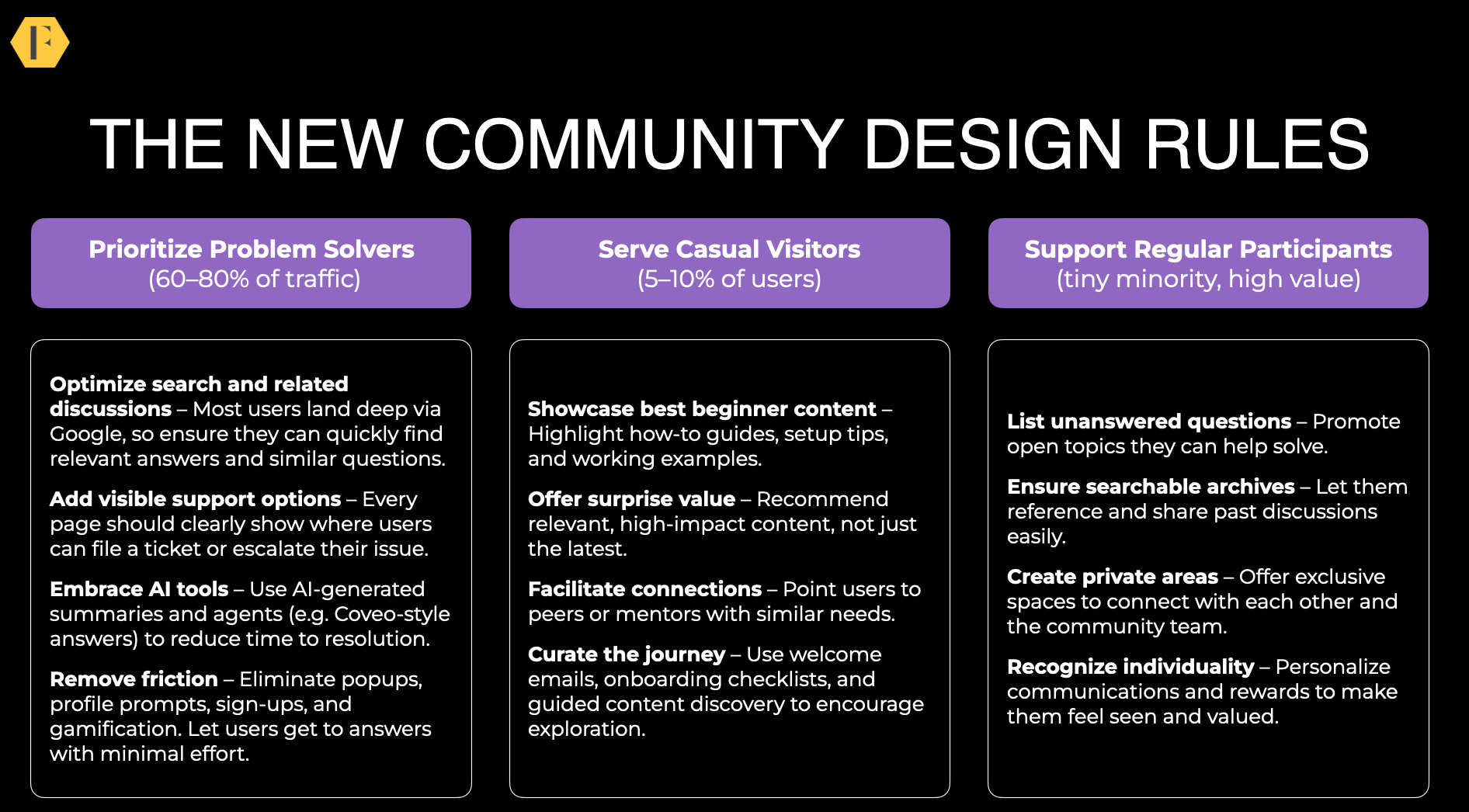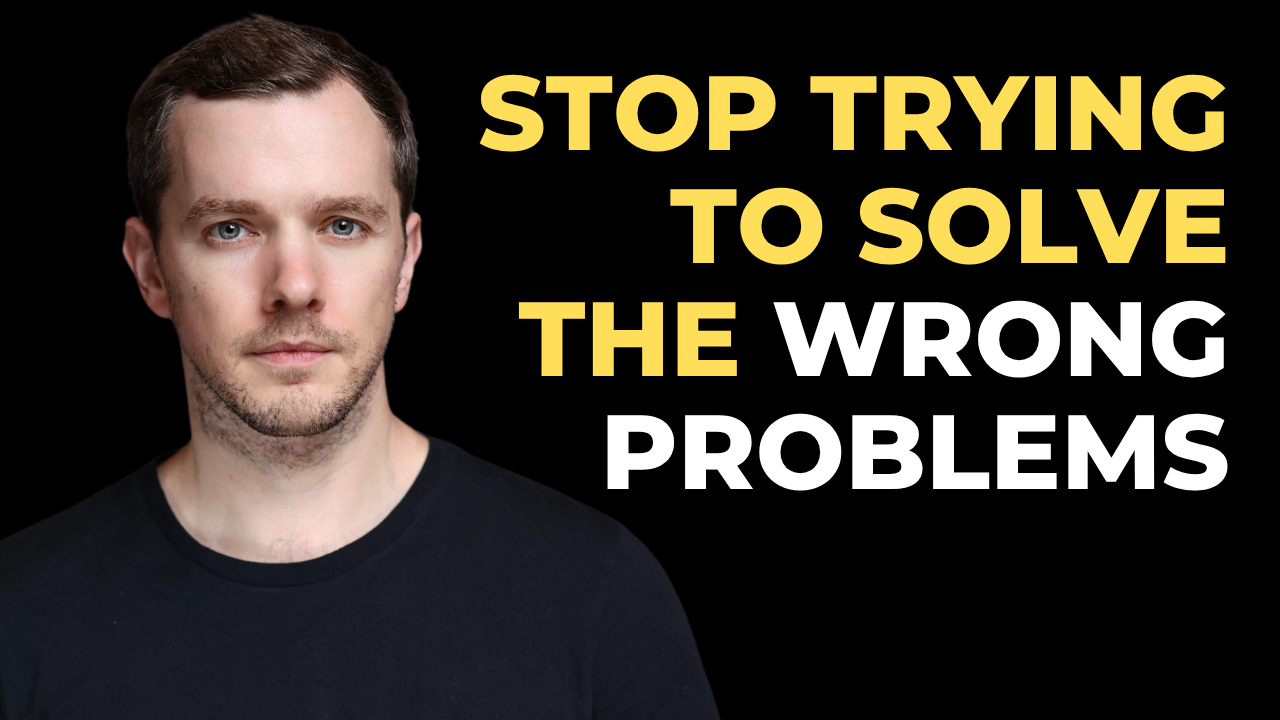There are two schools of thought.
First, when you grow a community, each member sees the possibility of having a bigger impact. They have an increased sense of efficacy. The level of participation increases. Everyone wants to be part of a growing community.
This is true…up to a point.
The second school of thought is that growth is bad for a community. The problem is two-fold. Growing too quickly is bad. The more members there are in a community, the less familiar you are with each. The community’s unique identity begins to dissipate. The recognition, familiarity, tone, references to previous discussions/activities decline. Everything that attracted the new members can vanish quite quickly.
Growing too big without planning for it causes problems. These are problems like information overload, declining attention for each member, inability to recruit volunteers to keep undertaking all the necessary community tasks. Over time, the community becomes a numbers game. Hire {x} moderators to handle {x} comments per day.
Yet, a community that fails to attract new members enters a death spiral. More members leave than can be recruited. Less activity begets less activity.
The solution is not to treat growth as a standalone activity. It’s a delicate balancing act. You juggle an increase in growth with sustaining both activity and a strong sense of community.
If you’re going to recruit members, you need to target them as a group. You need to plan out their first few weeks in the community, you need to have a plan to integrate them with existing community members (interviews, welcome discussions, newcomer orientation, community culture documents, rituals/traditions etc…).
You also need to protect existing members. Ensure that the level of familiarity doesn’t drop, facilitate sub-groups for members based upon more distint interest. This is why you can never focus on one single thing.
That’s not going to be easy, but then you probably knew that.





